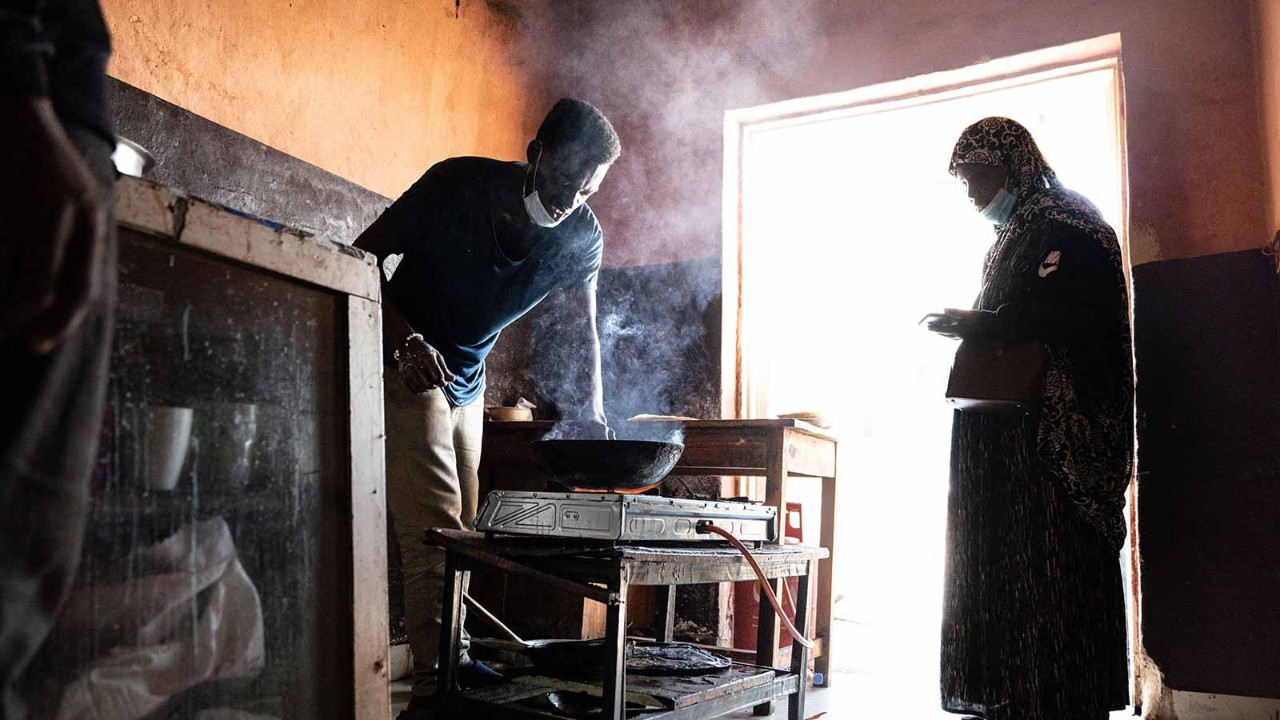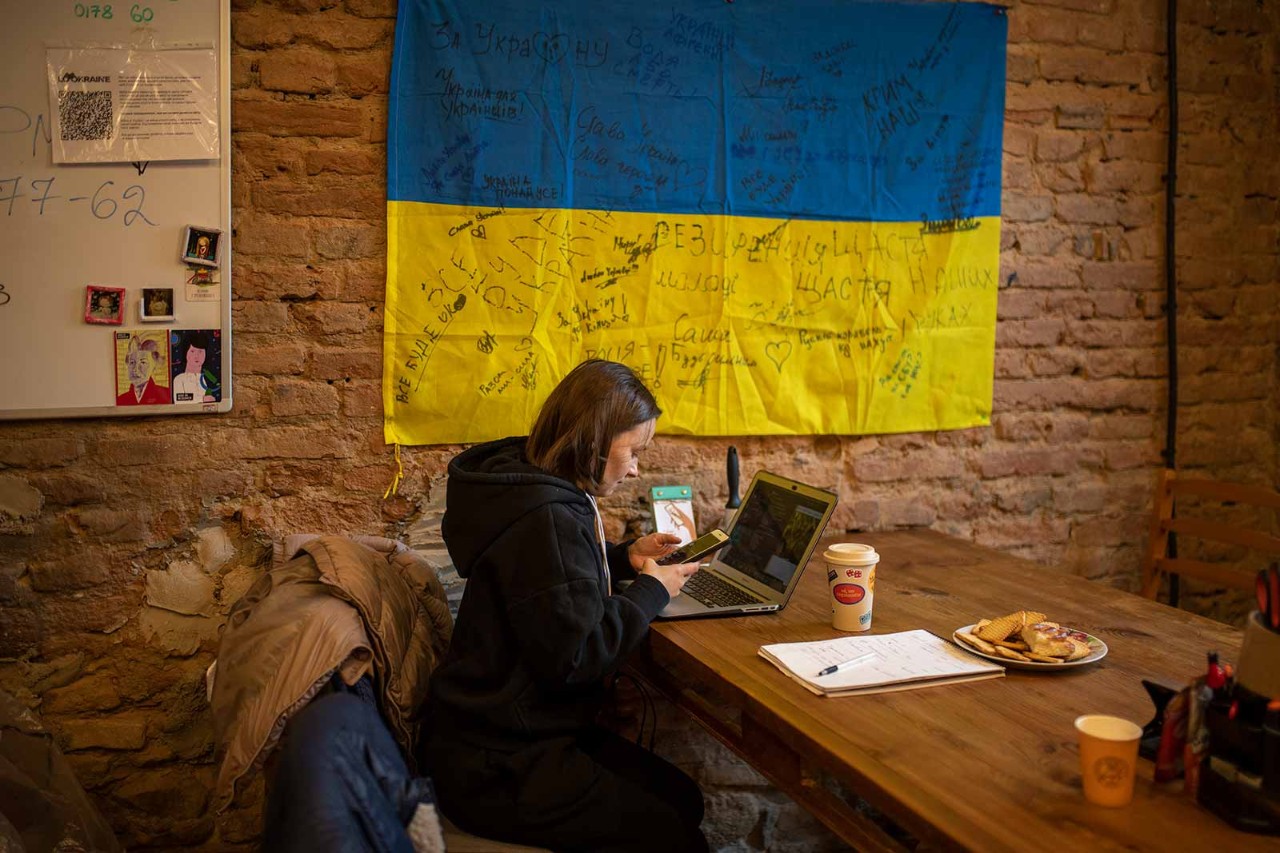
Since the pandemic, issues with supply chains have been piling pressure on governments around the world, nowhere more so than in Africa with its over-reliance on foreign imports.
Now, Russia’s invasion of Ukraine has unleashed further disruption. The two countries are big exporters of food and fuels, the supply of which has been hit hard by the combined effect of the sanctions placed on Russia, and insecurity and large-scale destruction in Ukraine.
The sanctions – which include the exclusion of most Russian banks from Swift (the global financial messaging system that supports smooth transfer of funds between nations); restrictions on exports and imports; and sanctions on companies and individuals – are severely restricting the Russian economy’s ability to trade. They have already had a significant impact in energy markets, and adverse effects on food production and other areas are projected.
The war is also severely restricting Ukraine’s commercial activities; as well as exporting food and fuels, it is a popular destination for African students.

The two countries are big exporters of food and fuels, the supply of which has been hit hard
Global trade reverberations
According to the United Nations Conference on Trade and Development, Russia and Ukraine account for significant proportions of global trade in food staples, such as sunflower oil and seeds (53%), wheat (27%) and barley (23%).
In addition, Russia is the world's second largest crude oil exporter, selling as many as five million barrels per day, while both countries also sell chemicals, fertilisers, metals and wood. The sudden restriction of these volumes of trade is being felt around the globe.
Africa will feel the impact of the present supply shocks, especially in food, as the continent imports considerable quantities from Russia and Ukraine. Sixteen African countries depend on these sources for over 50% of their wheat, including Rwanda (64%); Somalia and Benin meanwhile import 100% of their wheat from them.
Meanwhile, the Arab countries of the Middle East and North Africa consume more wheat than anywhere else in the world; at 128kg per capita, that’s twice the world average.
Egypt is particularly hard hit, as more than 25% of its food imports come from Russia and Ukraine, including over 80% of its wheat imports. According to Trading Economics, Egypt's food inflation went from 12.5% in January to 17.6% in February, which many believe is due to the conflict. The March rate may well be worse.
Many African countries were already struggling to tame inflation and manage pressure on their currencies
Inflation anxiety
The continent will also feel the heat of rising fuel costs, as the price of crude oil goes way above US$100 in response to the conflict. The cost of transportation has also risen as airlines, rail and road transport operators try to pass on the additional fuel costs to consumers. And rising food and fuel costs of course lead to higher inflation.
Even before the invasion, many African countries were already struggling to tame inflation and manage pressure on their currencies, with Ghana being an especially bad case currently.
While more established economies may take these challenges in their stride, emerging markets like those in Africa can expect the present uncertainties to lead to an outflow of capital, as investors flee to quality. This will further increase pressure on these economies and constrain growth.
Policymakers must think ahead and begin to source financing that can be used as a fiscal buffer
So what’s to be done? It’s incumbent on economic policymakers on the continent to be proactive. They must think ahead and begin to source financing that can be used as a fiscal buffer if the situation deteriorates. Those that can should quickly access Eurobond markets, and those with reasonable foreign reserves should get ready to deploy them to tackle the coming economic squeeze.
Countries unable to access the markets or reserves should begin to examine what alternative courses of action are available to them. What managers of African economies cannot afford to do is to sit on their hands.



